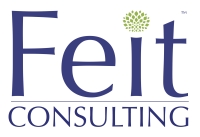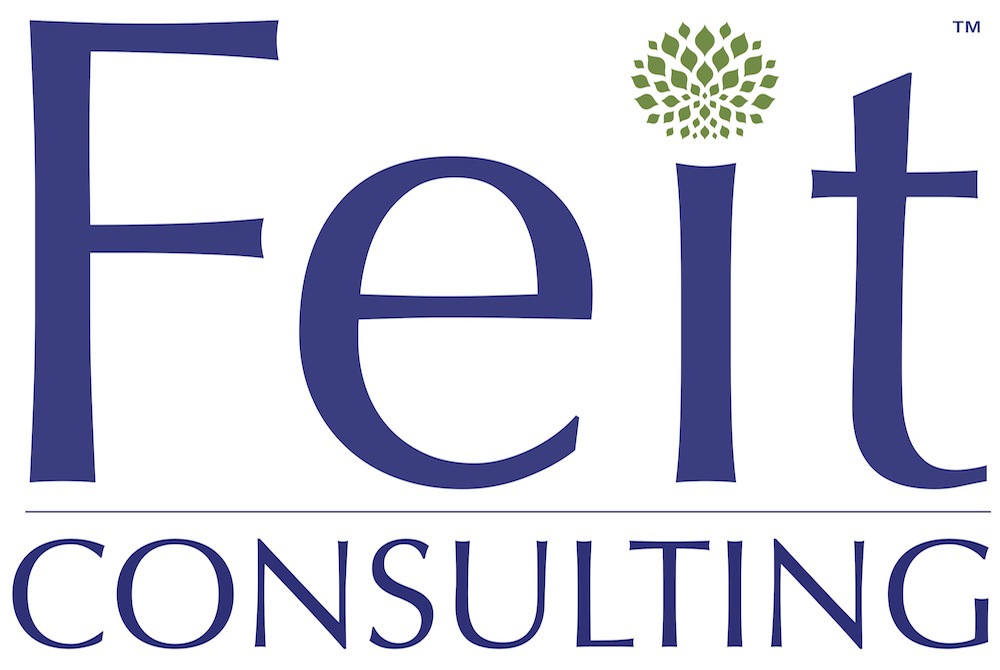
The Power of a Successful Contract Negotiation
By Michael Feit | Contract Negotiations , White Papers
Contract negotiations not only set product/vendor pricing for the next contracted term, but can also determine the pricing path your firm will be on for years after. We all know the story–3-5% increases year over year. Once you lock in at a price and terms, this becomes your new baseline for future negotiations. Vendors will only want to increase over your current price.
Not to fear, price corrections can be made at your next contract negotiations. Feit Consulting sees about 15-20% of the large law firm market paying substantially higher than the market mid-point. Firms that fall into this category won’t be able to reach the market mid-point in one contract cycle; it could take several cycles to price-correct.
There are two secrets to securing optimal pricing in your next legal information contract negotiations: planning and market knowledge.
Allocating enough time to plan for negotiations is one element. Waiting until close to contract expiration is one of the worst mistakes a firm can make. Start the process early. Market knowledge is the other essential tool for achieving optimal results in the negotiation process. This allows one to gauge whether your firm’s current contracts are on par with the market, or above or below. Having this intel affects your leverage in negotiations. Due to secret pricing, no one firm can truly know whether their contract is exceptional or fair without outside knowledge.
Get the tools you need NOW in order to successfully negotiate and optimize your firm’s legal information resources and pricing. Working with a consultant is one option to obtain the market knowledge for benchmarking your firm’s contracts. Another option is Feit Consulting’s Optimizing Legal Information Pricing. Learn more here.




